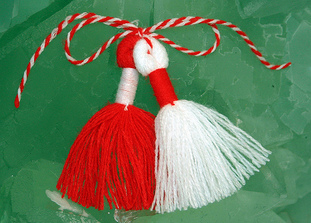
Many countries uphold these Spring rituals. A traditional charm handed out in Romania and Moldova on this first day of March is called the Martisor. In Greece bracelets are braided from red and white string. They are called Martis and they are given to children on this day. It is said that if they wear the Martis the sun of early spring will not burn their faces. The bracelet is symbolic of rosy cheeks and a white complexion. Martis are worn until the midnight mass of the Greek Orthodox Easter. On this day, bonfires are lit and the bracelets are removed and thrown into the fires. Wherever these March charrm and amulets found their origins, they are the symbol of the wakening of the earth and new life.
However, more than anywhere else, this day of celebration takes on a very special meaning in Bulgaria, our northern neighbour, and as those among you who have followed me for some time know, we have a very special affinity for the country, its customs and our friends there.
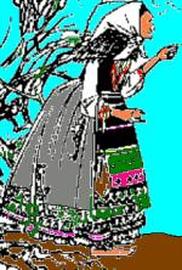
The origins of Baba Marta are shrouded in many legends. According to one, the month took its name from a real woman whose name was Baba Marta, and who, lured by an early sunny spring day, took her goats to graze in the mountains. While tending to her flock she was surprised by an unexpected change of weather and the sudden bitterly cold winter spell resulted in her freezing to death and becoming a stone from which later water would begin to flow. Other versions of this story, tell of a woman who took her goats into the mountains before the first of March, in other words before the date she was supposed to, and for this foolishness was punished by Baba Marta, who turned her into a stone. Eventually the stone transformed into a spring.
Wherever you go on this special day you’ll hear people greet each other with words “Chestita Baba Marta!” after which they exchange additional wishes of good health, luck, happiness and protection against evil for friends and family alike, while pinning traditional symbolic charms with tassels called “Martenitsi” (Martenitsa singular, Martenitsi plural) on each other’s clothes. All over the country streets are full of little stalls selling these Martenitsi and all day long you’ll witness people happily shouting ‘Chestita Baba Marta!’ and exchanging these charms– quite a fascinating and joyful experience really! It’s not uncommon to look like an over-decorated Christmas tree by the end of the day with all these charms pinned on you!
The word Martenitsa is derived from the Bulgarian word for March, as indeed is Grandma Marta’s name. Traditional Bulgarian folklore will have it grumpy old Baba Marta, best known for her temperamental mood changes, is responsible for the moody weather associated with the month of March.
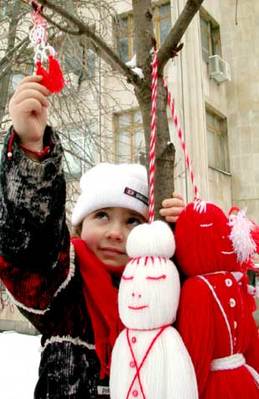
By the end of March and well into April you’ll find trees everywhere decorated with these red-and-white charms. Beware if you don’t wear your Martinitza until then, for Bulgarians believe that you will be visited by evil spirits and bad luck will befall you! You’ll even find pets and domestic animals such as young horses, lambs, kids and sheep wearing Martenitsi. Houses, too, are decorated with their own Martenitsa.
One of the stories behind Pizho and Penda is based on the legend when Anciet Khan was in battle. Back home his wife was expecting a child. So that nobody would know whether the newborn was a boy or a girl, they had agreed on a secret code: A messenger would bring a red kerchief if the baby was a girl and a white one if it was a boy. Since the queen delivered twins she sent the messenger with both a red and white kerchief and named her offspring Pizho and Penda.
As is often the case with many traditions, these celebrations are based on legends. Here is one in a nutshell version:
This legend dates back to the olden days when Khan Kubrat had declared himself an independent ruler in 632 AD denying the power of the Turkut khagan. All Bulgarian tribes living in the region of the Black Sea, the Sea of Azov and the Caspian Sea immediately united under him.
One day, Kubrat’s five sons went hunting and had taken their sister Houba along. When they reached the Danube River, they encountered a silver stag. They followed the stag when it crossed the river and were led to a ford. At some point they were visited by a bird that brought them bad news: their father Kahn Kubrat, the founder of Great Bulgaria was said to be on his deathbed and he wanted his sons, Bayan, Kotrag, Asparoukh, Kuber and Altsek, to return home immediately in order to maintain some sort of order between the different Bulgarian tribes. The five sons did as asked and returned home, found their ailing father and vowed to defend Bulgaria.
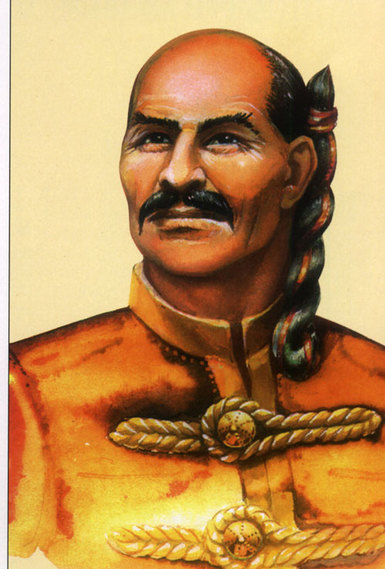
Then Asparoukh sent word, which he attached with a golden thread to a falcon’s leg. Bayan, who had stayed with Houba decided it was time to escape; however, they were spotted and hunted. In an attempt to send a message to her brothers, Houba tied a white thread to the falcon’s leg. As she was setting the bird free, the moment the falcon was about to take off, her brother Bayan was hit by an enemy arrow and the spray of his blood stained the white thread red. But the gods were smiling on them and brother and sister managed to reach Asparoukh’s newfound land. Asparoukh welcomed his mortally wounded brother and sister and tore up pieces of white-and-red thread with which he then adorned his soldiers.
May this “virtual” Martenitsa I send you here keep you safe from bad luck or illness and bring you joy, happiness and a long, healthy life!
"CHESTITA BABA MARTA" from me to all of you! ... and may you all enjoy a wonderful Spring!
I have also posted below a 3 minute YouTube clip which affords you a glimpse of the typical atmosphere and music surrounding the wonderful Bulgarian tradion of the 1st of March celebration! Enjoy
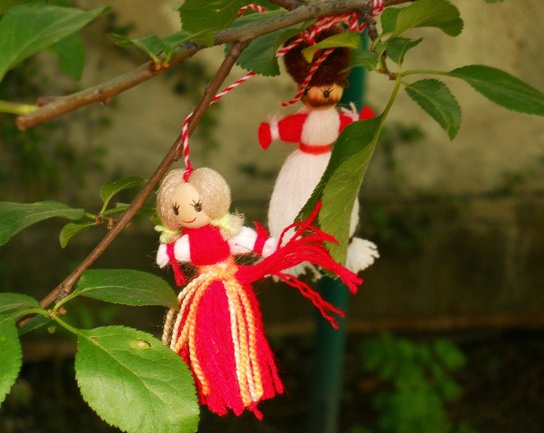
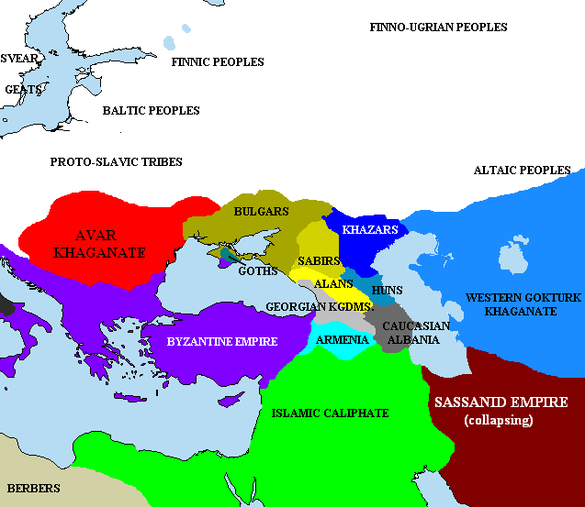
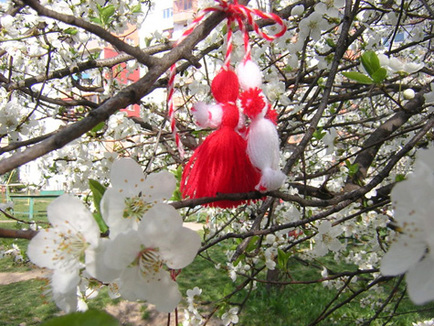
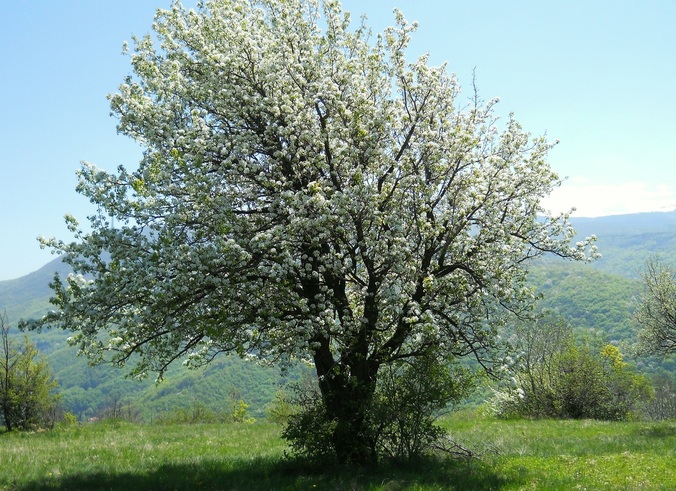

 RSS Feed
RSS Feed
